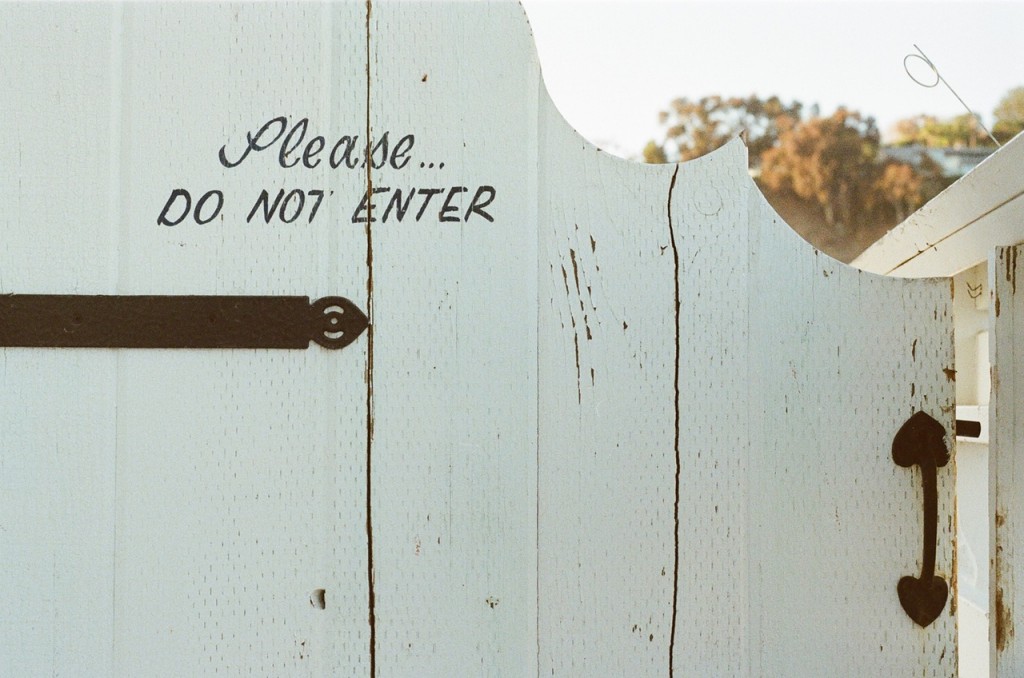Property rights in a common-law marriage
First-off, depending on which province you live in, don't assume you have any
Advertisement
First-off, depending on which province you live in, don't assume you have any
 Q: I have lived common law with my partner for the last 30 years. Then mid-last year my partner had a close encounter with death due to an operation going wrong. He is scheduled for another operation by end of April 2017. Last year my partner put together a will—typing it up on the computer, signing it, and had the bank teller of his bank put a stamp on it. He now believes he has a valid will should something happen to him. However, I do have my doubts. Is his will valid?
I also have a second question. When my partner and I got together, I moved into his house. We both worked (now we are retired ) as I always felt the need to be independent—meaning, I would never ask for anything! In his will, my partner states that the house would have to be sold within four years after his death. So far I considered myself to be a principal resident of this house, but now I am not so sure since I am not mentioned anywhere in regards to the house and my presence in it. What steps do I have to take to make sure my future is not in jeopardy?
—Marianne
A: Marianne, common-law partners need protection. You’ve lived in a common-law relationship for 30 years. You may feel like you’re married, but legally you are not. Married spouses have different legal and property rights. Common-law spouses must depend on legislation in each province. They may not automatically share in the matrimonial or spousal property.
Each province has different rules that may apply if a common law spouse dies. In Ontario, if your partner dies you do not automatically inherit any portion of his estate. Common law spouses must be included in estate plans and wills.
Q: I have lived common law with my partner for the last 30 years. Then mid-last year my partner had a close encounter with death due to an operation going wrong. He is scheduled for another operation by end of April 2017. Last year my partner put together a will—typing it up on the computer, signing it, and had the bank teller of his bank put a stamp on it. He now believes he has a valid will should something happen to him. However, I do have my doubts. Is his will valid?
I also have a second question. When my partner and I got together, I moved into his house. We both worked (now we are retired ) as I always felt the need to be independent—meaning, I would never ask for anything! In his will, my partner states that the house would have to be sold within four years after his death. So far I considered myself to be a principal resident of this house, but now I am not so sure since I am not mentioned anywhere in regards to the house and my presence in it. What steps do I have to take to make sure my future is not in jeopardy?
—Marianne
A: Marianne, common-law partners need protection. You’ve lived in a common-law relationship for 30 years. You may feel like you’re married, but legally you are not. Married spouses have different legal and property rights. Common-law spouses must depend on legislation in each province. They may not automatically share in the matrimonial or spousal property.
Each province has different rules that may apply if a common law spouse dies. In Ontario, if your partner dies you do not automatically inherit any portion of his estate. Common law spouses must be included in estate plans and wills.
Share this article Share on Facebook Share on Twitter Share on Linkedin Share on Reddit Share on Email
This information is false.
My father passed away a couple years ago. No will was made. His Ex girlfriend claimed common law and was allotted all of my fathers assets-
Yes his ex! Separated almost 1 full year, living separate.
I realize now if you have a legal issue…a lawyer will tell you yes and yes on the other side just to be paid.
They have nothing to lose. They get paid anyway